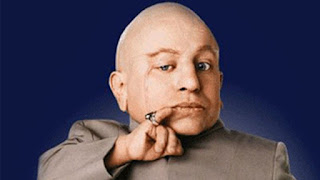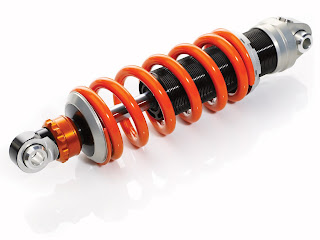The primary driver of Financial Independence is your level of satisfaction with the situation are in. Satisfaction, or a different definition of abundance. An ability to find pleasure and meaning in the abundant rather than the scarce.
We live in a world that has a minimum price tag. You can no longer choose to go off the grid and live off the land. This means you either need to have Capital that can generate what you need, or you need to have a source of income. Just to make it through each day with food in your belly, breath in your lungs, and a regular heartbeat free of fear. This basic amount provides you with the capacity to participate in the world.
Then you need to find a source of income. A job is like a mortgage for a home. You get the security of a roof-like monthly income. Both a mortgage and a job commit you to a specific place and company. Most jobs are full time. This means you are selling your labour. In most cases how much you get paid will be determined by how much it would cost to replace you with someone who can do the same job. In the same way as the price or rent of a house is determined by the neighbourhood, rooms, amenities, and not by the quality of life that is lived there.
For the majority of people, once you have a source of income, your lifestyle expands to fit the box. A job and a mortgage exchange that commitment for security and a steady stream of financing. In turn, for most people, "how much" becomes "as much as possible". Credit Cards and other forms of debt may allow you to expand that lifestyle even further, in exchange for a commitment to pay off the debt.
Debt is the opposite of Capital. It is a productive asset for someone else. In truth, if you borrow... you are the engine of the productive asset.
The problem with expanding your lifestyle to fit (or be bigger than) your income, is the primary driver of your financing decisions is the hand-to-mouth financing of your consumption. There is never space to grow. Financial decisions making simply becomes how you slice the cake. Your job chooses the cake.
The most powerful investment factor is time. An investment can return 20% a year, which gets eaten. Another investment could earn 10% a year. If only 5% was fired/eaten/consumed, and the other 5% was reinvested... it would take just under 30 years but it would catch up to how much that 20% was making. That is generational thinking. Growing the Engine rather than growing the Income.
Ignore the numbers and think of fruit trees. Imagine one person ate all the fruit of a productive farm, and the other planted half the fruit on a less productive farm. It would just be a matter of time until the positions swapped. Trees make fruit. Fruit only makes Trees if you plant them. The secret is reinvestment.
All of us are under pressure. The grass is never greener. Find someone who thinks they are Rich? Most of those shouting "We are the 99%" in America are certainly not the 99% in Global Terms. Around $32,000 a year is what is required to put you in the "Global 1%". Stating the obvious, if you earn more than that, then 99% of people are consuming less than you.
One definition for Financial Independence is when your financing decisions stop being about consumption, and start being about being a custodian. Step to the other side of that, and add time.
Reinvestment





















